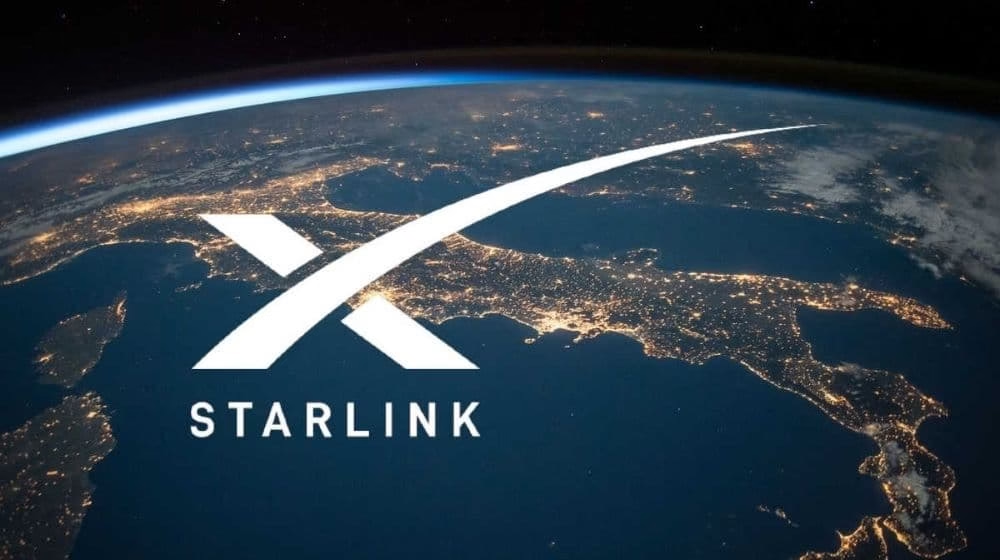Pakistan is on the verge of a digital revolution as Elon Musk’s Starlink prepares to launch its satellite-based internet services within the next six months. The development was confirmed during a briefing to the National Assembly Standing Committee on IT & Telecom, where key stakeholders discussed the progress of Starlink’s application and the challenges it has faced.
Starlink’s Journey to Pakistan: Overcoming Regulatory Hurdles
The Parliamentary Secretary for IT and Telecom revealed that Starlink initially applied for a license in February 2022, but at the time, Pakistan lacked a regulatory framework to process the request. Since then, significant progress has been made, and 90% of discussions between Starlink and the Space Regulatory Authority have been completed.
The delay in approvals has been a major concern, prompting the committee to push for swift action. Officials stressed the need for an expedited licensing process to ensure that Pakistan benefits from Starlink’s advanced satellite internet technology.
PTA Chairman Calls for Speedy Approvals
During the meeting, Chairman of the Pakistan Telecommunication Authority (PTA), Major General (R) Hafeez Ur Rehman, highlighted that another satellite internet provider had applied for a license alongside Starlink. While he didn’t disclose the competitor’s name, it indicates growing interest in expanding Pakistan’s broadband capabilities.
The committee expressed frustration over bureaucratic hurdles, emphasizing that Pakistan must act quickly to embrace cutting-edge satellite internet solutions. The PTA Chairman assured that his team is working to resolve the matter efficiently.
Data Security Concerns and Government Oversight
While many committee members were eager to see Starlink launch, some raised concerns over data privacy. One member highlighted the need for strict security measures to protect user data before granting final approval. Given that Starlink operates under SpaceX, an American company, authorities want to ensure that Pakistan’s digital infrastructure remains secure.
Pakistan’s Lack of Investment in Telecom Infrastructure
The PTA Chairman also pointed out a major gap in telecom sector investment. He revealed that Pakistan’s telecom regulator has contributed Rs. 1,700 billion in revenue over the last six years, yet the government has not invested a single rupee in the sector.
In contrast, he mentioned that India has invested $13 billion in telecom infrastructure under Prime Minister Narendra Modi’s leadership, significantly boosting its connectivity and digital transformation. This lack of investment has hindered Pakistan’s ability to expand fiber-optic networks and improve internet accessibility nationwide.
Future Plans for Telecom Expansion in Pakistan
Despite the setbacks, the IT Ministry is actively working on a fiberization policy to enhance internet coverage across the country. In 2023 alone, 2,000 telecom towers were installed, which is a step towards better connectivity for remote areas.
The introduction of Starlink’s satellite-based internet will be a game-changer, especially for rural regions where traditional broadband infrastructure is limited or nonexistent. With high-speed, low-latency internet, businesses, students, and professionals will experience uninterrupted digital access, bridging Pakistan’s digital divide.
A Digital Revolution on the Horizon
The launch of Starlink in Pakistan marks a significant milestone in the country’s telecommunication sector. While regulatory processes are still underway, the pressure to fast-track approvals is increasing. If everything goes as planned, Pakistanis could experience satellite-powered high-speed internet within the next six months.
With the rising demand for fast, reliable internet, Starlink’s arrival is expected to transform connectivity, opening doors for remote work, education, and economic growth. The only question that remains is: Will Pakistan act swiftly to embrace this technological breakthrough, or will bureaucracy slow down progress?



